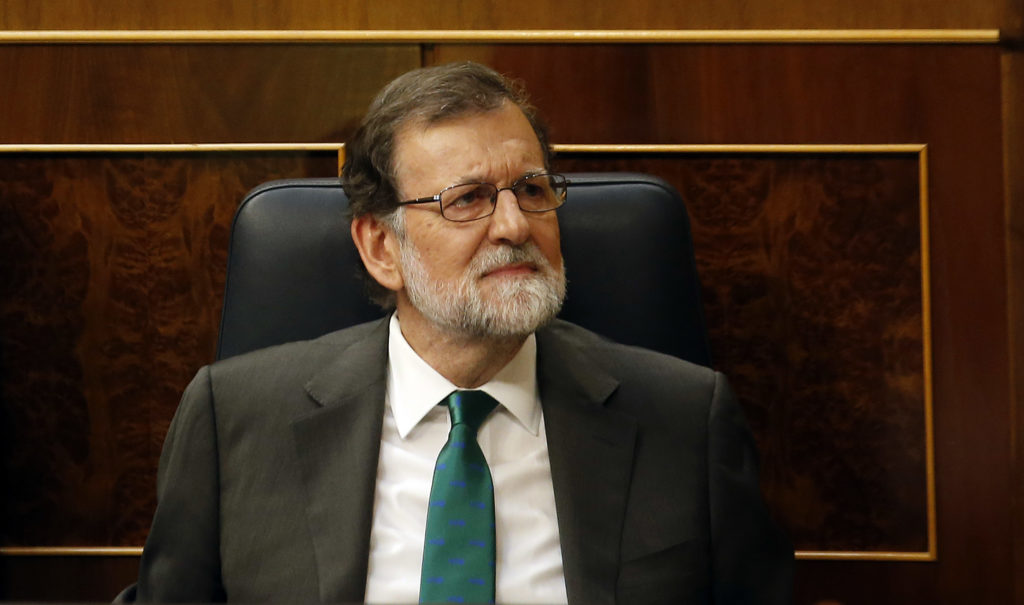19.06.2018 - 07:47
|
Actualització: 19.06.2018 - 09:47
The crime of rebellion must be updated after Catalonia’s independence push.
The Catalan president, Quim Torra, is a racist and supremacist.
Oaths by Catalan presidents should, by law, refer to the Spanish Constitution and the monarch.
These are three ideas put forward by the leader of Spain’s Socialist party in several statements made over the past few days. Pedro Sánchez has ramped up his criticism against the pro-independence movement this May. His party has supported direct rule in Catalonia for the past seven months, showing an aligned ideology with the ruling People’s Party when it comes to the Catalan question.
Yet Sánchez now wants to oust Mariano Rajoy’s government with a vote of no confidence which got underway on Thursday morning – and the pro-independence parties could prove useful to him. Indeed, ERC and PDeCAT, alongside the Basque Nationalist Party (EAJ-PNV) will make Sánchez’s initiative successful if they vote Yes.
But it is not an easy decision at all. Keeping Rajoy despite his measures on Catalan self-government or supporting one of his main allies in direct rule implementation is their dilemma at hand.
Socialists’ approach on referendum and independence
Pedro Sánchez flatly rejected the October 1 independence referendum, the same as the People’s Party. However he asked for “prudence and measure” in the run-up to the vote. After the Spanish police violence displayed during the referendum, the Socialist party asked Rajoy to make a political proposal to Catalonia. “The police charges were absolutely avoidable and portrayed a pathetic image,” said a senior MP.
Yet after the declaration of independence on October 27, the Socialists voted in favor of direct rule on the country, which led to Catalonia losing its autonomy – only opposing to some measures including the seizing of Catalan public TV. Pedro Sánchez’s party also supported barring the deposed Catalan president Carles Puigdemont and his ministers from being reinstated.
Socialist party suggested more direct rule
When President Torra nominated ministers who are in jail or abroad to form the next Catalan government, the Socialists agreed on May 20 to extend direct rule in the country until cabinet members not embroiled in the independence judicial case were put forward. What’s more, also this month he said if the push for a unilateral independence continues, direct rule will be implemented again. “It is more difficult to implement it for the first time than for a second one,” a top Socialist official said in mid-May.
Pedro Sánchez, now aiming to rally the pro-independence parties’ support in replacing Mariano Rajoy as Spanish leader, took a much milder approach on the Catalan issue in his speech on Thursday, as he called for dialogue and “building bridges.” It is now up to the ERC and PDeCAT forces to choose – and explain their reasons – one of two names: Mariano Rajoy or Pedro Sánchez. Yet their choice is as relevant as the Basque party’s one, also essential for the vote to succeed.


